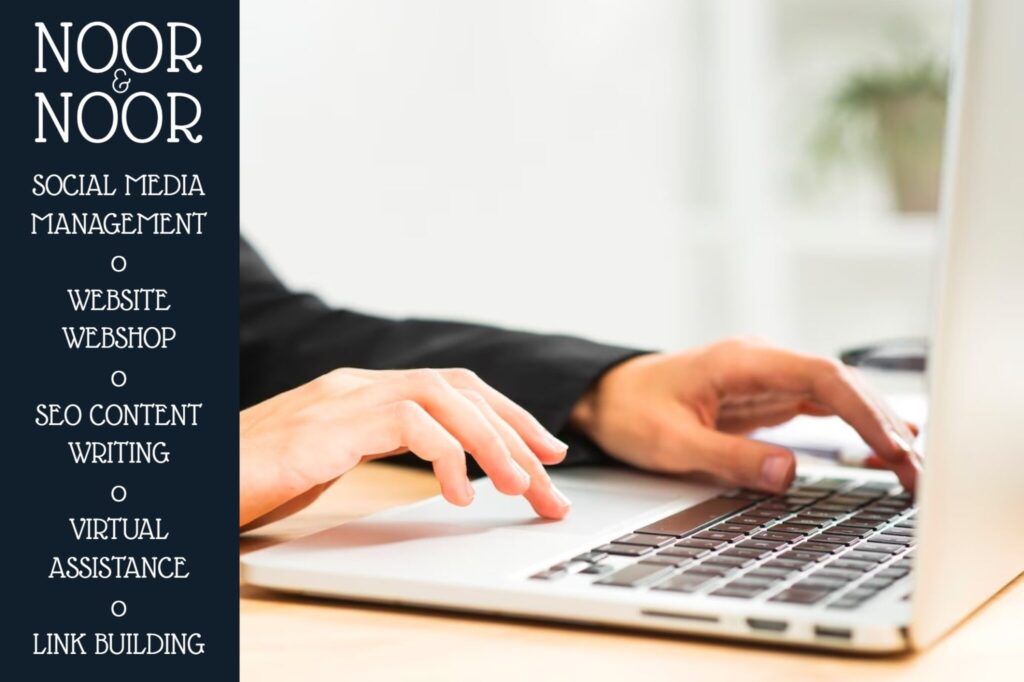In Morocco, small talk is more than just filling silence—it is a vital part of social life. Whether you are walking through the bustling souks of Marrakech, sitting down for mint tea in Fes, or greeting neighbors in Casablanca, the way you use a few simple phrases can open hearts and build trust. For locals and visitors alike, mastering the art of Moroccan small talk can transform interactions from formal exchanges into warm connections. Below, we’ll explore five easy but powerful phrases, explain their cultural significance, and show you how they can make your daily conversations truly shine.
“Salam Alaikum” – The Universal Greeting
The most common and meaningful phrase in Morocco is “Salam Alaikum” (peace be upon you). It’s more than a hello—it’s a blessing. The expected reply, “Wa Alaikum Salam” (and peace be upon you too), creates a respectful and warm start to any conversation. Whether you are meeting a shopkeeper or chatting with a taxi driver, this phrase instantly sets a positive tone.
In Morocco, greetings are never rushed. A handshake or a light kiss on the cheeks among friends often accompanies the words. Using “Salam Alaikum” shows that you understand and respect Moroccan values of hospitality and peace.
“La Bas? Kulshi Bikhir?” – Checking In With Care
Another phrase that brings warmth is “La bas?” (Are you well?) often followed by “Kulshi bikhir?” (Is everything good?). Moroccans use this question not only to ask about health but also to express genuine concern for family, work, and daily life.
This phrase goes beyond politeness—it shows empathy. Even if you only exchange a few words, asking “Kulshi bikhir?” makes the other person feel valued. In Moroccan culture, taking time to check in on someone’s wellbeing is seen as a sign of kindness and good manners.
“Bismillah” – Starting With Blessings
You will hear “Bismillah” (in the name of God) every day in Morocco. People say it before starting a meal, beginning work, or even when stepping into a car. For small talk, using “Bismillah” when offered food or drink immediately makes you feel part of the culture.
When you say “Bismillah” before taking that first sip of Moroccan mint tea, it shows gratitude and mindfulness. This little phrase builds bridges—it signals respect for tradition and an openness to connect with others on a deeper cultural level.
“Shukran” – A Simple Thank You That Goes a Long Way
No Moroccan small talk is complete without gratitude. Shukran (thank you) is short, sweet, and powerful. Whether you’re buying fresh bread from a bakery or thanking a friend for pouring you tea, expressing thanks is always appreciated.
Adding a smile when you say Shukran makes the word shine even brighter. Some Moroccans may respond with La shukran ala wajib (no thanks needed for duty), reinforcing the cultural value of generosity. Still, your simple Shukran shows humility and respect.
Hiking Trails in the Middle Atlas Mountains
The Middle Atlas Mountains are often overshadowed by the High Atlas or the Rif, yet they hold some of Morocco’s...
From Passion to Profession: Turning Creative Skills into Income
In Morocco, more young people are transforming their creative talents into careers. Whether it’s photography, calligraphy, fashion design, or digital...
Young Moroccans Abroad: Balancing Wanderlust and Roots
For many young Moroccans, the dream of exploring the world is irresistible. Whether through study, work, or travel, living abroad...
Networking for Millennials: How to Build Real Connections in Casablanca and Rabat
In Morocco’s fast-paced urban centers, especially Casablanca and Rabat, networking is essential for millennials seeking growth and opportunities. No longer...
“Inshallah” – The Spirit of Hope
Few words capture Moroccan spirit better than “Inshallah” (if God wills). It is often used when talking about future plans: See you tomorrow, “Inshallah“. The phrase is a reminder that life is uncertain, and hope and humility go hand in hand.
Using “Inshallah” during conversations shows that you understand the Moroccan rhythm of life. It’s not just about faith—it’s also about optimism and patience. When you sprinkle this phrase into small talk, you’ll notice nods of recognition and smiles of approval.

Testimonial: How Anna from Spain Connected Through Small Talk
I remember my first trip to Morocco. I was nervous about speaking Arabic, but when I greeted a man in the market with “Salam Alaikum”, his face lit up. We ended up chatting for ten minutes about his family and the spices he sold. Later, when I used “Inshallah” to say I would come back, he laughed warmly and gave me extra saffron as a gift. Those small phrases broke the ice and made me feel instantly at home.
Stories like Anna’s show how just a few words can create unforgettable memories and lasting bonds.
Conclusion
Mastering Moroccan small talk doesn’t require perfect Arabic or Darija skills—it only takes a handful of heartfelt phrases. From “Salam Alaikum” to “Inshallah”, these words reflect hospitality, faith, gratitude, and warmth. By using them in your daily interactions, you’ll not only show cultural awareness but also create genuine connections that can turn strangers into friends.
So, the next time you sip mint tea in Morocco or stroll through a vibrant medina, try out these five simple phrases. You’ll quickly discover that small talk here is not small at all—it’s an art that lights up every encounter.
















Discussion about this post